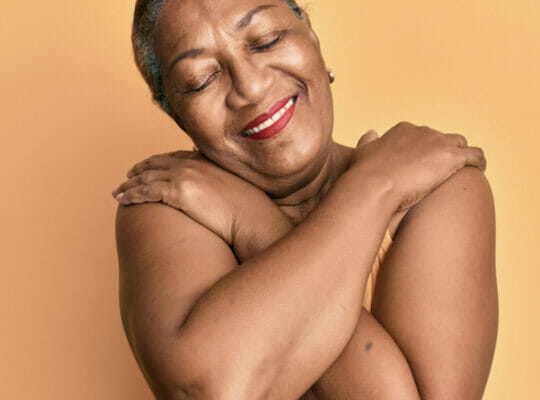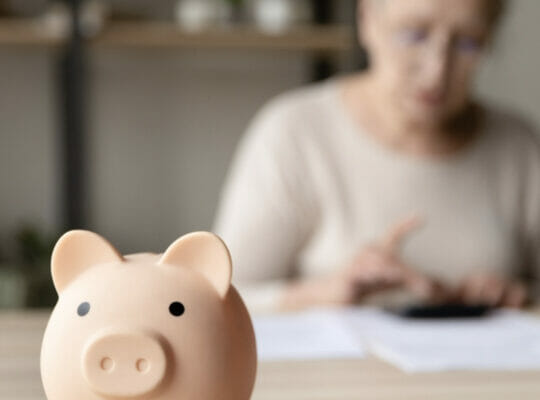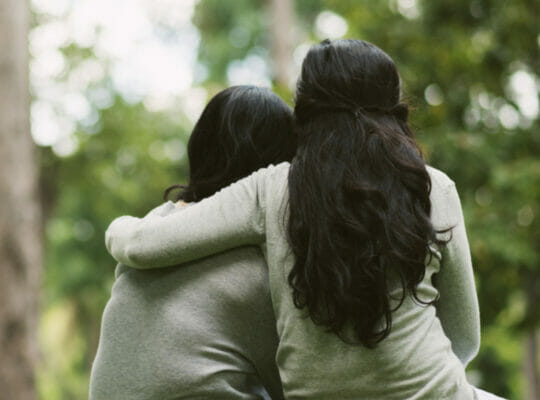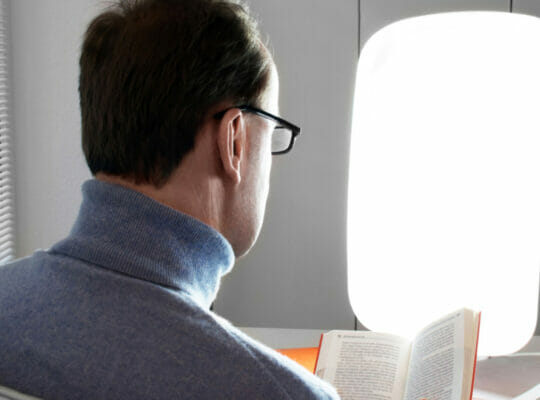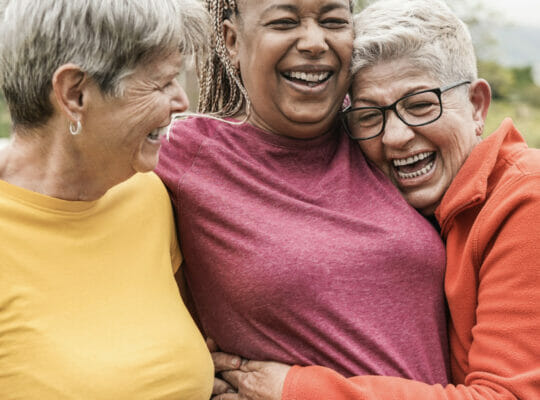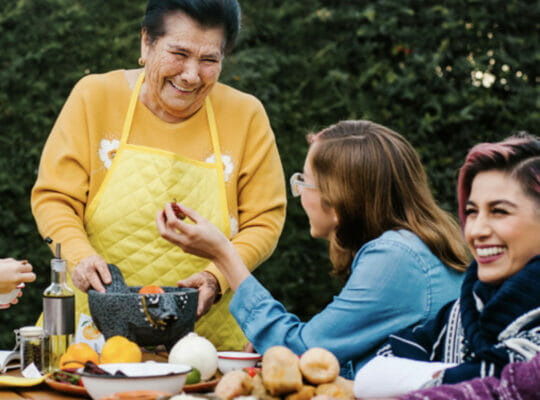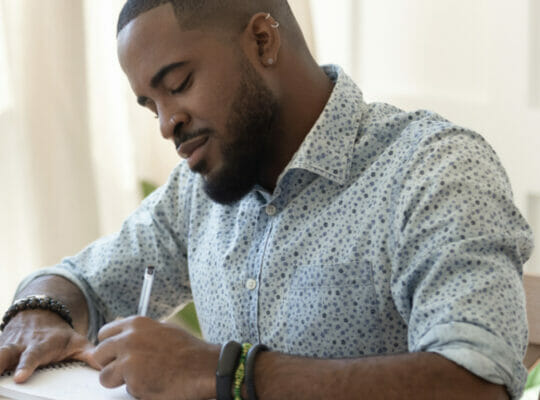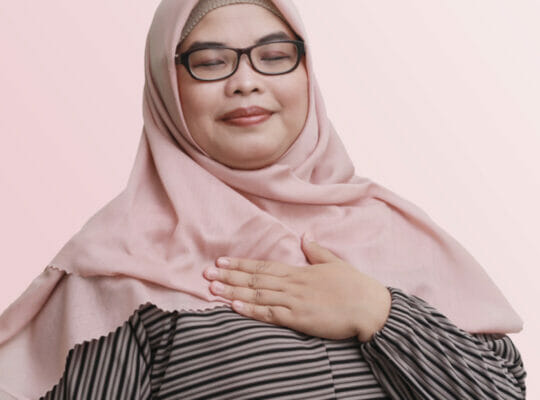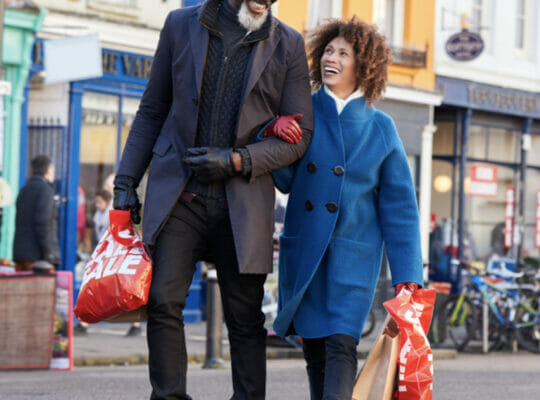Member Stories
Focus on your most important health goals with our top guidance, tips, programs and more.
Health Programs for a Summer of Self-Care
Summertime is the right time (for self-care). Small habits can add up to big-time changes in your health. These popular Health Programs will give you a daily dose of advice...
Six Health Benefits of Spending More Time in Nature
On average, North Americans will spend a whopping 93% of their entire lives indoors. With smartphone and screen use at an all-time high, this growing disconnect from our natural world...
How to Ease Financial Anxiety With an Easy Budget
Money is emotional. A lack of financial control can lead to shame, avoidance and fear. Starting a straightforward budget is the first step to showing your wallet who’s boss, helping...
Why Empathy Is the Antidote to Toxic Positivity
Positive thinking can be too much of a good thing. Ignoring emotions and giving immediate advice isn’t just dismissive, it can actively harm the people you love. Learning how to...
The ABCs of SAD
Seasonal depression is much more than just the winter blues. Recent research shows that Seasonal Affective Disorder (SAD) is more complex than we first thought. Building preventive habits, recognizing symptoms,...
How to Build Healthy, Long-Lasting Relationships
Our lives are full of all kinds of connections: friends, family, co-workers, your favorite barista. Tending to all your bonds can be serious work. So why do it? Solid relationships...
The Powerful Pleasures of Intuitive Eating
It’s time to ditch the “diet” and get a taste of intuitive eating. The key ingredient is mindfulness, focusing on a judgment-free, loving relationship with eating and your body. Food...
How to Set Mindful, Meaningful Goals for 2022
Resolutions don’t work. An all-or-nothing approach sets you up to feel like a failure. Instead, a gentler mindset can help you create attainable, values-driven goals that can add up to...
The Habits Behind Happiness
Happiness doesn’t just happen. (Ok, sometimes it does.) Feeling happier in your day-to-day life isn’t just an emotion. It plays a crucial role in your overall health and wellbeing. Science-backed...
How to Ease Holiday Stress
All that merry-making can actually be pretty stress-inducing. We don’t all experience the holiday season the same way. Here’s how to treat yourself with awareness, self-compassion and extra care so...
Learn more about League
Tell us a bit about yourself and your company. We’ll follow up with you as soon as we get your info.
This site is protected by reCAPTCHA and the Google Privacy Policy and Terms of Service apply.
